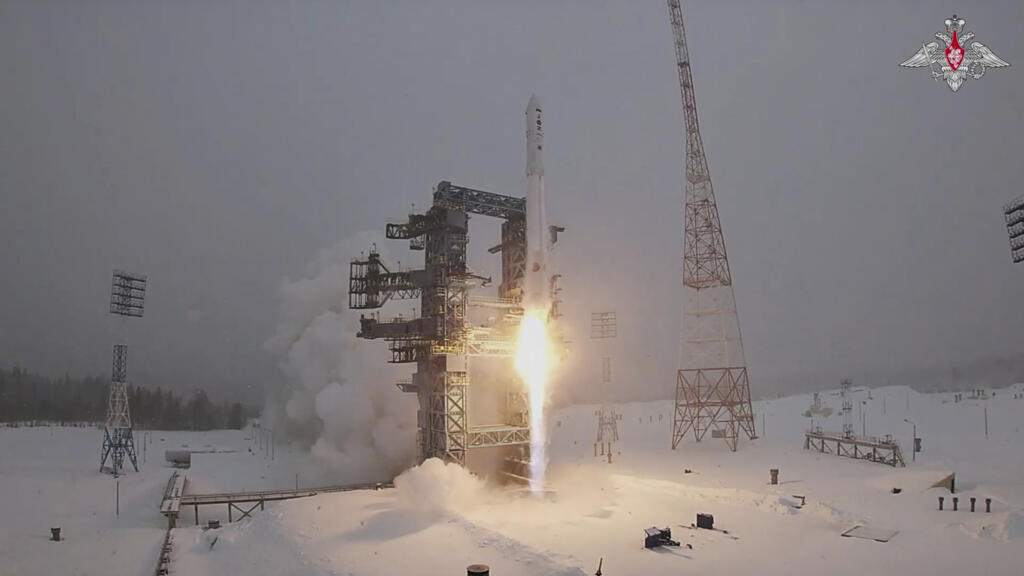A mysterious Russian satellite, identified as Cosmos 2553, has recently caught the attention of U.S. officials due to its suspected role in supporting a nuclear anti-satellite weapon program. This satellite has exhibited erratic spinning behavior while in orbit, raising concerns about its functionality and implications for Moscow’s military objectives in space. The situation highlights the escalating tensions surrounding the potential weaponization of space, an issue that has become increasingly prominent in international relations.
The U.S. government has expressed growing alarm regarding Cosmos 2553, particularly due to its association with Moscow's ambitions to develop advanced space weaponry. The peculiar behavior of the satellite has been closely monitored by commercial space-tracking firms, which have reported the unusual spinning patterns that deviate from typical satellite operations. Such erratic movements could signify operational difficulties or even tests of new technologies that are not yet fully understood.
This development comes at a time when military capabilities in space are a significant point of contention among global powers. The idea of weaponizing space has been a contentious issue, and Cosmos 2553’s behavior adds complexity to the already tense atmosphere. As nations develop and deploy various forms of military technology, the question of how to regulate such activities in outer space looms large, with fears of an arms race becoming more prominent.
Cosmos 2553 is not the first satellite to raise eyebrows among defense analysts. Its predecessors have similarly been linked to military purposes, prompting discussions about the extent to which space can be utilized for defense-related initiatives. The Russian space program has been historically secretive, which only fuels the speculation regarding the true intentions behind satellites like Cosmos 2553.
This incident also raises important questions regarding the reliability and predictability of satellite operations. Anomalies such as the one exhibited by Cosmos 2553 can lead to concerns about the operational integrity of military satellites, potentially compromising national security. As nations invest in advanced technology, the capabilities and reliability of these systems will play a crucial role in international military strategy.
Furthermore, as commercial space tracking becomes more sophisticated, it allows for greater visibility into the actions of nations in orbit. The data provided by these commercial firms can enhance situational awareness and contribute to a better understanding of global military activities in space. However, it also raises concerns about the implications of constant surveillance and the potential for misinformation or misinterpretation in a high-stakes environment.
As the dynamics of space exploration and military capabilities evolve, the actions and behaviors of satellites like Cosmos 2553 will continue to be closely monitored. The implications of such technologies extend beyond military applications, touching upon global security, international treaties, and the future of space collaboration. The international community will need to address these challenges head-on, aiming to establish norms and agreements that prevent the escalation of conflict in outer space.
In conclusion, the complexities surrounding Cosmos 2553 exacerbate existing tensions in the realm of military space operations. As nations grapple with the implications of advanced satellite technology, understanding the motivations behind such initiatives will be crucial for fostering international cooperation and security in the ever-evolving domain of space.












